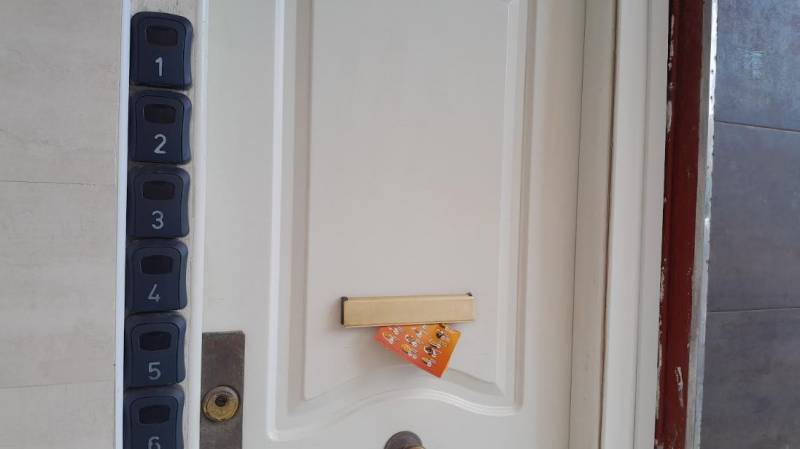- Region
- Vega baja
- Marina Alta
- Marina Baixa
- Alicante
- Baix Vinalopo
- Alto & Mitja Vinalopo
-
ALL TOWNS
- ALICANTE TOWNS
- Albatera
- Alfaz Del Pi
- Alicante City
- Alcoy
- Almoradi
- Benitatxell
- Bigastro
- Benferri
- Benidorm
- Calosa de Segura
- Calpe
- Catral
- Costa Blanca
- Cox
- Daya Vieja
- Denia
- Elche
- Elda
- Granja de Rocamora
- Guardamar del Segura
- Jacarilla
- Los Montesinos
- Orihuela
- Pedreguer
- Pilar de Horadada
- Playa Flamenca
- Quesada
- Rafal
- Redovan
- Rojales
- San Isidro
- Torrevieja
- Comunidad Valenciana
article_detail
Date Published: 28/08/2025
Madrid bans tourist apartments in residential buildings
The Spanish capital hopes to protect housing for residents and limit tourist rentals with its new ‘Reside Plan’

Madrid has approved the ‘Reside Plan’, a new set of rules that bans tourist apartments from being scattered through residential buildings. The Community of Madrid has endorsed the changes, meaning the regulations will come into force in the coming weeks once published in the Official Gazette.
It comes at the same time as Spain is making broad changes to its housing and rental laws in an effort to curb the negative effects of the tourist sector on property specualtion, real estate prices and the cost of living for ordinary people.
Madrid’s plan mainly targets the historic city centre, covering districts such as Centro, Chamberí, Salamanca and Retiro, as well as parts of Arganzuela, Moncloa and Chamartín. In this area, tourist apartments are no longer allowed in residential buildings, including ground floors, nor can shops be converted into tourist rental flats.
Outside the centre, restrictions also apply to key commercial streets, including areas around Bravo Murillo, López de Hoyos, Alcalá, and Méndez Álvaro. In these zones, tourist rentals in residential buildings are only permitted if they are in basements, ground or first floors with their own entrance.
The City Council says the goal is to protect housing and local commerce, particularly in the historic centre where the growth of tourist rentals has increased pressure on residents. To balance this, some exceptions exist: empty residential buildings in the centre may be refurbished and used as tourist apartments for up to 15 years before returning permanently to housing.
The plan also encourages more housing by allowing offices, unused schools, convents, and sports centres to be converted into residential use, including affordable housing, with rent capped at 30% of the average local income.
Before final approval, the city introduced higher fines against illegal tourist rentals, reaching up to €190,000. So far, 89 fines between €1,000 and €3,000 have been issued, along with 92 sanctions for operating without a licence, most at €30,001 each.
Madrid currently has around 17,360 tourist establishments, of which more than 16,000 are apartments. However, only 1,200 are licensed, meaning over 90% operate illegally.
The Reside Plan is intended to reduce this problem, restore residential use in Madrid, and ease the tension between residents and the growing tourist market.
staff.inc.ali
Loading
Sign up for the Spanish News Today Editors Roundup Weekly Bulletin and get an email with all the week’s news straight to your inbox
Special offer: Subscribe now for 25% off (36.95 euros for 48 Bulletins)
OR
you can sign up to our FREE weekly roundup!
Read some of our recent bulletins:
Discount Special Offer subscription:
36.95€ for 48 Editor’s Weekly News Roundup bulletins!
Please CLICK THE BUTTON to subscribe.
(List price 3 months 12 Bulletins)
Read more stories from around Spain:
Contact Murcia Today: Editorial 000 000 000 /
Office 000 000 000




















